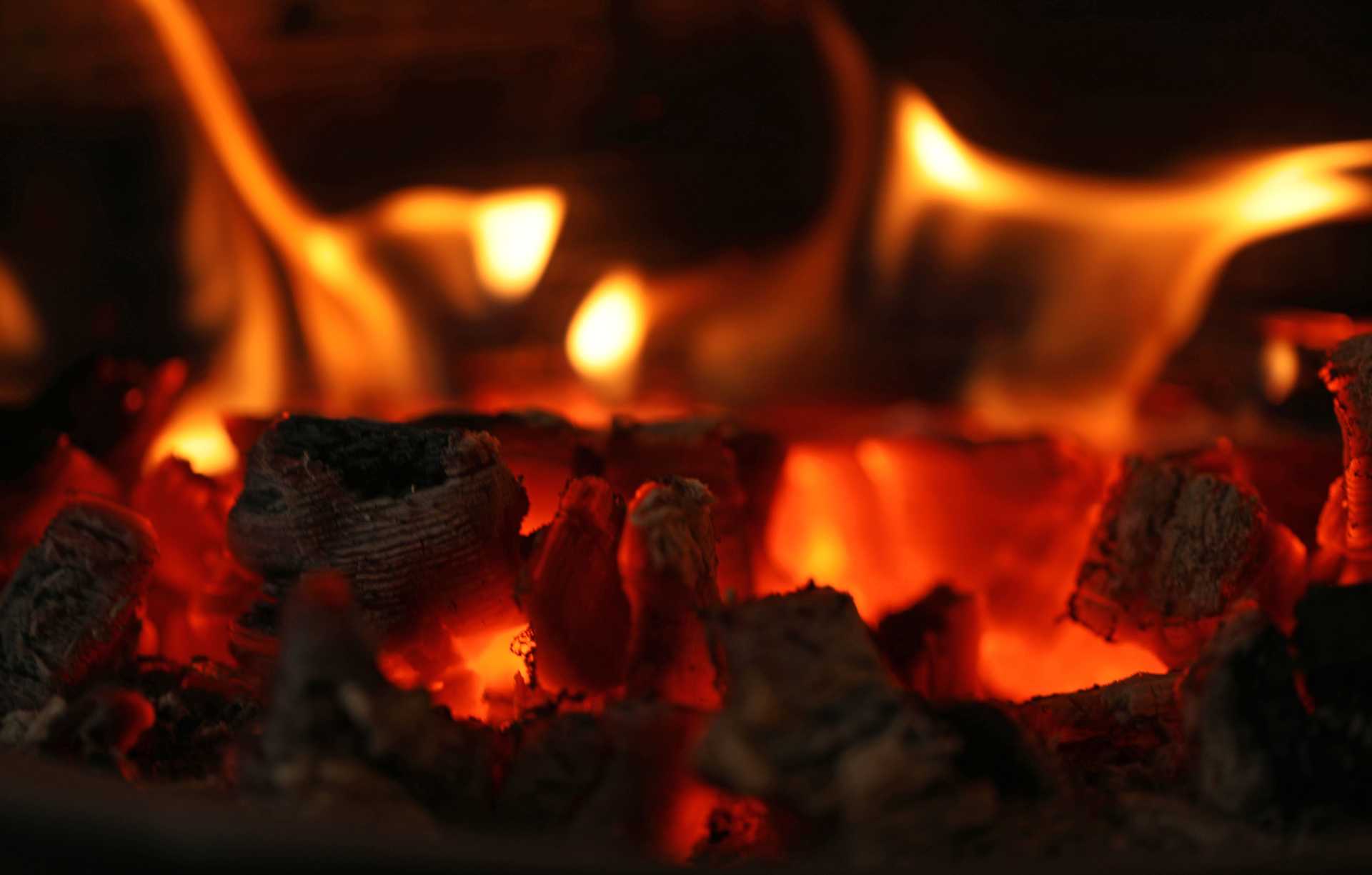When I was young, I saw whispers escape the fog
of their memories and spread on the kitchen floor.
They sat facing the fire burning the timber
of tales of partition in such a way that it sealed
the knots, grain of every pain felt, seen, heard—of sisters
who jumped over cliffs to escape rape
and the whimpering, starving tots they abandoned by country
roads raging with freshly churned refugees.
“We left behind full granaries, dragging
our bodies—empty husks—alive enough to hold the haunting.”
“Will they ever forgive us?” their voices hushed,
crushed distances, histories.
“Talk softly,” hissed my ancestors. “deewaran de wee kunn hondey nain.”
Displaced, they buried their pride, roots, horrors in canisters.
When I was young, I watched their whispers
land on my blanket.
Notes:
dewarra de wee kunn hondey nain is a Punjabi proverb. Translation: Even the walls have ears.
My grandparents became refugees overnight during the partition of India in 1947. In order to save us from the horrors they witnessed, they didn’t talk about the dark times at all. Many facts and anecdotes of who they were before and during the partition died with them. The recent wars (Palestine and Ukraine) have triggered old memories. This poem questions the cost of ‘lost’ histories of displaced people.

